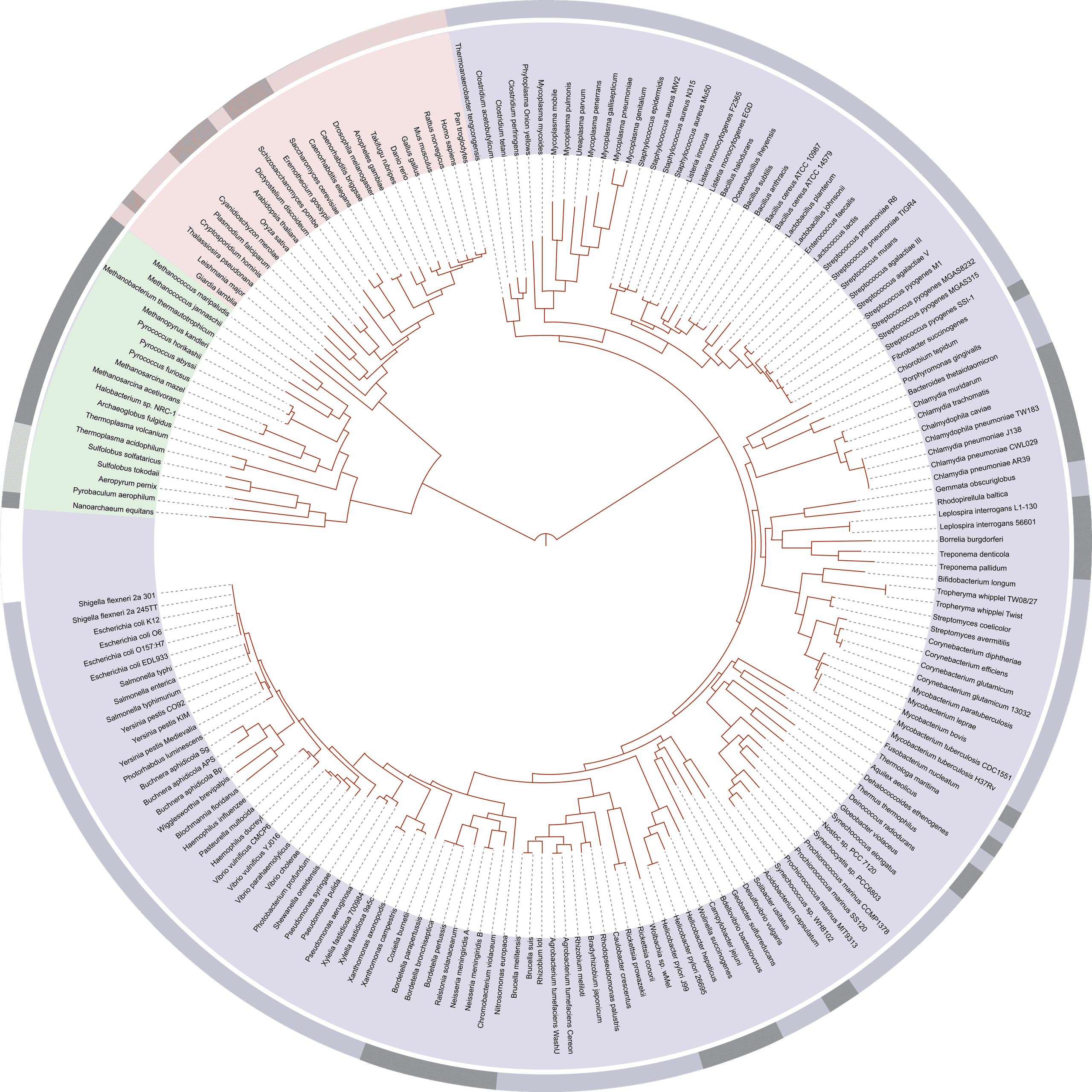How the Microbes in Our Gut Affect Our Physical and Mental Health
Can we map networks of microbe species in our guts in order to identify a set of species crucial to our physical and mental health? Our bodies form the environment in which a large number of microbes live, and those microbes often work together to affect us, for better or worse.
There are more microbial cells living in and on our bodies than there are human cells that make up our bodies in the first place. The number of genes that these microbes have exceeds the number of human genes by more than an order of magnitude. Work over the past ten years has increasingly documented the impact of these microbes, collectively known as ‘the microbiome,’ on our own physical and mental health. They affect our risk for obesity, malnutrition, diabetes, depression, dementia, and many other outcomes. To complicate matters, the microbes within us have their own complex inter-relationships, such that constellations of species may work together to affect our lives.
To understand this, we propose to map the networks of microbial species based on whether they co-occur within people (similar to mapping whether animal species are inter-related based on whether they co-occur in the same physical place). We will use data from our long-term field site in Honduras, were we have already collected stool and spit from 2,000 people so far. We will discern whether any two species (out of the over 500 microbial species typically found in our guts) have a relationship to one another based on how often they co-occur in the thousands of humans we will examine. Then, we can use mathematical tools to assess the importance not only of particular species, but also of the microbial networks. This will allow us to explore how diverse communities of microbes work together to affect our risk for problems ranging from malnutrition to depression.
